
This feature from Sony Pictures Classics opens at movie theaters on April 1st.
When adapting a novel for the big screen, many filmmakers are bold, direct and explicit about the themes and ideas being relayed… if only to make sure that audiences are understanding the big picture. Mothering Sunday is an adaptation of an introspective 2016 novel by Graham Swift, detailing a woman identifying the most important moments in her life. It seems that for a movie to work effectively, these major events don’t have to be presented in a grandiose manner. With a good story, the right cast and steady hands, a soft yet precise approach can also make an impression.
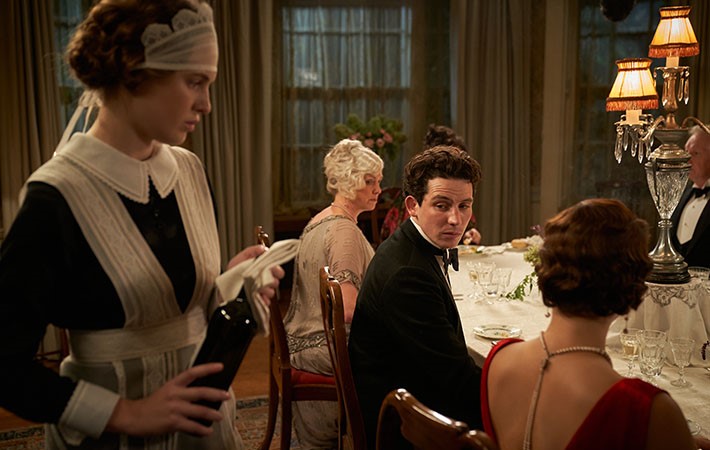
This story is set following the close of World War I, a time in which many British families were dealing with the loss of their sons in battle. Jane Fairchild (Odessa Young) is a maid employed in the upper-class household of Mr. Godfrey Niven (Colin Firth) and his wife, Clarrie (Olivia Colman). Despite the lavish surroundings, there is a consistently downcast mood at the estate. During the titular holiday, servants are given time off to spend time with their mothers. Jane, who is an orphan, visits Paul Sheringham (Josh O’Connor), the aristocratic son of the Niven’s neighbors who is engaged to be married. It seems the two are embroiled in an affair that could send shockwaves through their families if the truth was ever discovered. This is a life-altering day for Jane, and we see incidents intercut with later periods in her life as she attempts to process them.
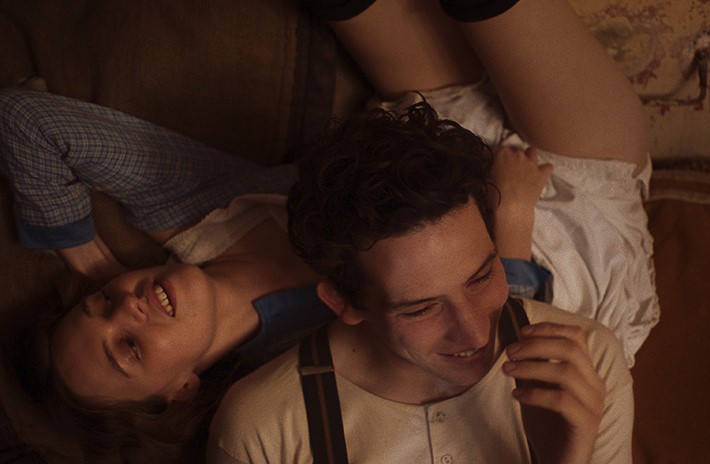
As mentioned above, those who enjoy period dramas should be aware that this tale is particularly low-key and the movie itself is a slow burn. Despite the many tragic events involved in the plot, for the most part there are no grandiose displays of emotion… although cracks are always visible on the faces of the characters and in their occasionally pointed comments. All the various family members are generally stoic, keeping up appearances and attempting to hide their feelings of grief and despair. It casts an interesting pall over the proceedings, where even the lavish estates take on an especially lonely atmosphere.
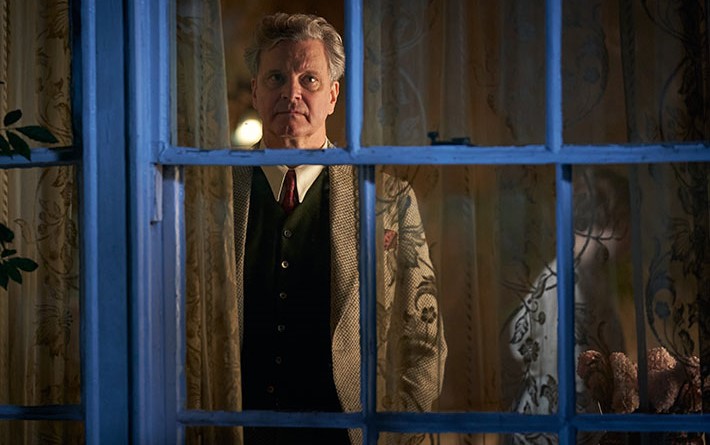
Jane appears to be walking on eggshells with the Nivens and the only time that she is able to behave normally is during her secret rendezvous with Paul. In these sequences, the two converse about being forced to go through the motions and behave as they are expected to in order to meet with social norms and convention, also poking fun at how dull and fake the upper-classes behave at their fancy dinners. But despite these criticisms, the Nivens (in particular, the jaded Clarrie) do pass on some direct and in valuable advice about bereavement to Jane as the film progresses.
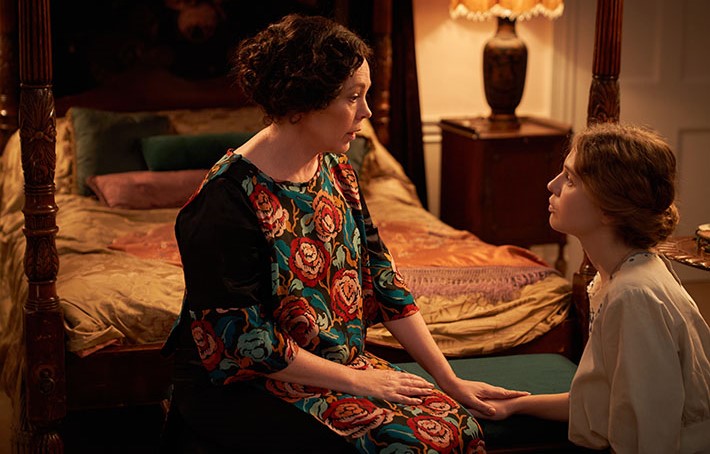
As mentioned, this is an introspective picture, but those who are patient will find the story drawing them in more towards an understated but powerful final act. The effect is helped by the unique editing techniques employed in the film. Although the earliest timeline is the primary focus, the story jumps around between various eras. While the approach is a bit jarring early on, the cutting does keep one piecing story elements together, adding suspense to the proceedings. There are also understated but very pretty and striking transitions between some of the time periods that involving natural elements like mist and fog.
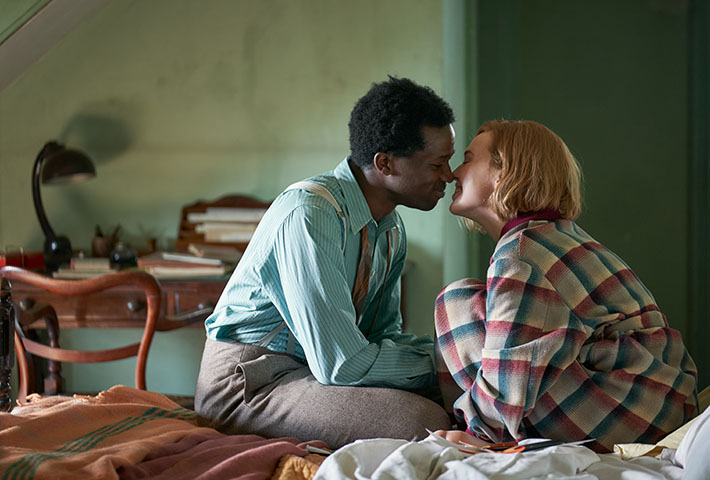
And of course, the performances are excellent all around. Odessa is compelling lead as a young and curious woman trying to find her way and keep an illicit relationship hidden. The ever-reliable Olivia Colman and Colin Firth express their character’s inner turmoil in very different but still relatable ways and supporting cast members like Sope Dirisu also make a memorable impression. Mothering Sunday isn’t a loud and histrionic period drama, but it is a solid adaptation that does find its voice as it progresses and ultimately makes an impact.


